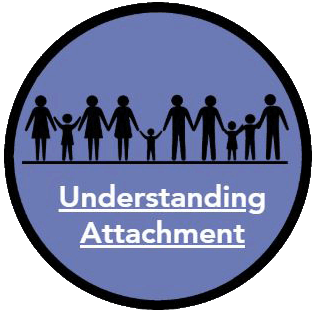
What is Attachment?
Attachment in terms of foster care is a concept that is very difficult to describe easily. At its most basic it is the idea that if a child of any age doesn’t feel that they have someone who cares for them and loves them they grow up on their own emotionally.
In serious cases this can even effect how their bodies grow and develop. Being loved and cared for at all stages of childhood is essential in the process to becoming a balanced adult human being. Sadly, this isn’t what is available to all young people. Many children come into the care system lacking or having lost their initial childhood attachment and then need their trust rebuilt.
The first person to narrow the concept down and make it something to study was a man called John Bowlby who was a British psychologist, psychiatrist, and psychoanalyst, notable for his interest in child development and for his pioneering work in attachment theory. His idea of how vital a good and solid attachment or bond to a parent or carer is to emotional wellbeing in adults was taken up by many other academics and professionals working with young people, like social workers and foster carers.
Dean on What Is Attachment?
When a child or young person enters the care system there will have been a massive disruption to their lives and the attachments they have experienced so far. This makes life very hard for the foster carer who wants to do the best for the young people they become responsible for who are very often already struggling with how to treat other people well.
It is also difficult for those young people who have experienced this lack of connection and often blame themselves for not being good enough to love. When fostering is successful it is because of the ability of the foster carer to convince the young person that they can trust their carers and feel attached to them.
Deborah on What Is Attachment?
John Bowlby described attachment as a “lasting psychological connectedness between human beings.” It focuses on relationships and bonds between people, especially long-term relationships, like parent and child. And he was really interested in understanding things like separation anxiety and distress that children often show when their mum or dad is out of sight.
Initially, it was thought this was just about who feeds the child but John Bowlby quickly realised this was far too simple a solution and that the reason why babies cry and young children can act out is because they’ve built up trust with their parents or caregivers and they look to them to be made to feel safe and better.
It isn’t just hunger it is a real anxiety that has been created in the baby or child. It makes sense at primal level – if a child was being watched and looked after properly it must have a greater chance of staying alive. It isn’t just the adults that are working to help a child survive and grow – even babies know they have to play their part in this process of natural selection.
However, if babies don’t get the right responses unfortunately this often means they don’t have a secure base for them to learn and explore the world.



